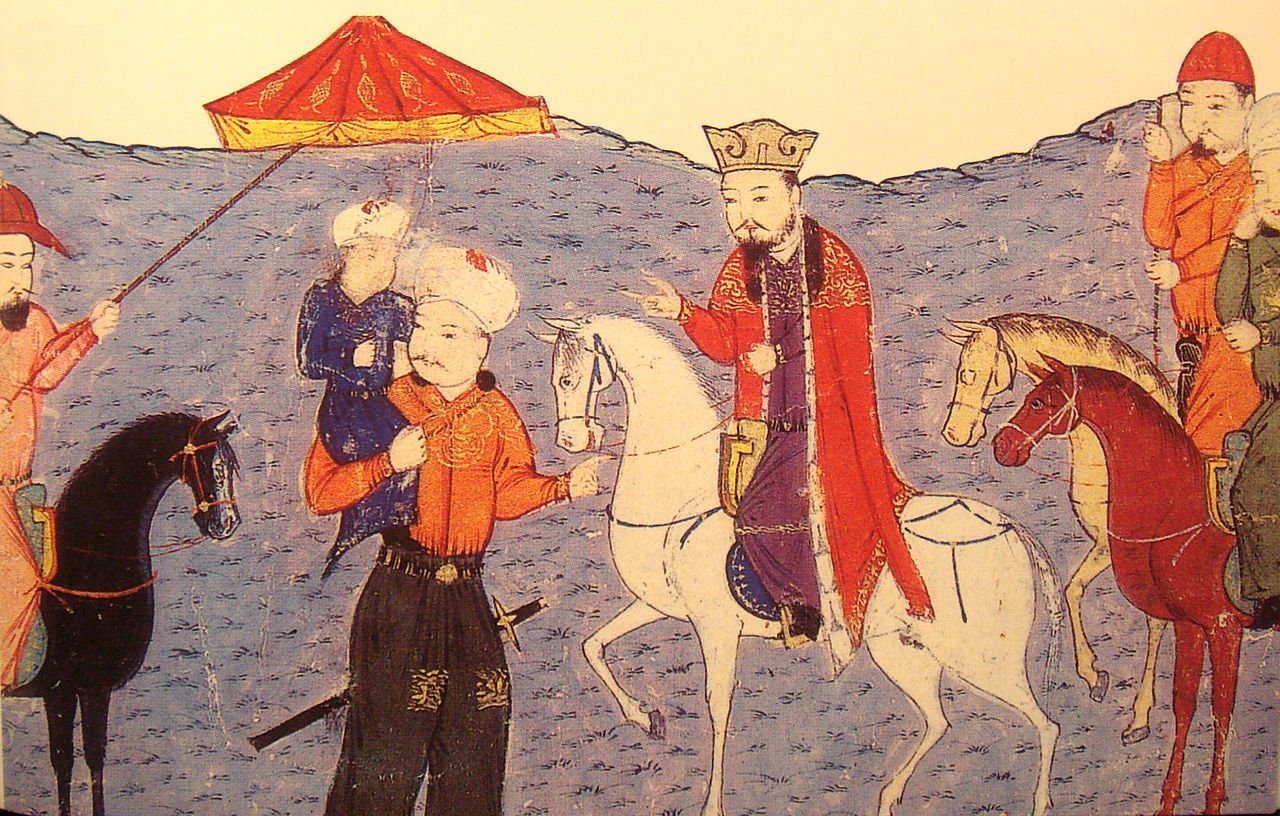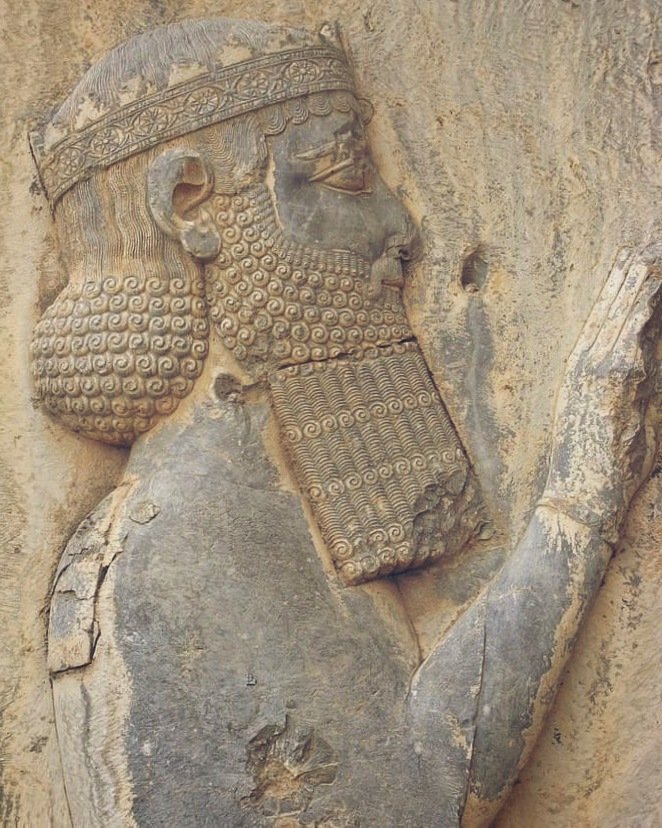Mahmud Ghazan or Ghazan Khan
Mahmud Ghazan, born in 1271, was a prominent Mongol emperor who ruled over the Ilkhanate in Persia from 1295 until his death in 1304. What sets Ghazan apart from his predecessors is his remarkable conversion to Islam, a religion he wholeheartedly embraced and promoted throughout his reign. This article will delve into the life and achievements of Mahmud Ghazan, including his rise to power, religious conversion, policies and reforms, military campaigns, and patronage of Islamic art and architecture. We will also examine the impact of his reign on the Mongol Empire, his contribution to Islamic scholarship, and his enduring legacy.

Early Life and Rise to Power
Mahmud Ghazan was born into the Mongol royal family in 1271, during the height of the Mongol Empire. He was the son of Arghun Khan and grandson of Abaqa Khan, both of whom held the title of Ilkhan. Ghazan’s early life was marked by political intrigue and power struggles within the Ilkhanate. In 1291, when he was just 20 years old, he was appointed as the governor of Khorasan by his brother, Ghazan’s rise to power was solidified in 1295 when he successfully overthrew Baydu, the puppet ruler installed by his mother, and ascended to the throne as the new Ilkhan.
The Conversion to Islam
One of the most significant events in Ghazan’s life was his conversion to Islam in 1295. This decision was not without controversy, as the Mongols were traditionally followers of Tengriism and had a history of religious tolerance. However, Ghazan had been influenced by the teachings of his mentor, the Persian Sufi mystic Sadr al-Din, and was deeply moved by his spiritual teachings. Ghazan’s conversion to Islam not only had personal significance, but it also had far-reaching consequences for his reign and the Ilkhanate.
Policies and Reforms under Ghazan
As a devout Muslim, Ghazan implemented various policies and reforms aimed at promoting Islamic values and governance within the Ilkhanate. He appointed Muslim advisors and administrators in key positions, encouraged Islamic education, and enacted laws that protected the rights of Muslims. Ghazan also prohibited the consumption of alcoholic beverages and promoted the observance of Islamic rituals, such as Friday prayers and Ramadan fasting. These reforms helped strengthen the Islamic identity of the Ilkhanate and gained the support of the local Muslim population.
Empire Expansion and Military Campaigns
Under Ghazan’s rule, the Ilkhanate experienced significant military expansion and successful campaigns. Ghazan launched military expeditions against neighboring territories, including the Mamluk Sultanate in Egypt and the Golden Horde in Russia. His military prowess was demonstrated in a decisive victory over the Mamluks at the Battle of Wadi al-Khazandar in 1299. These conquests not only expanded the territorial boundaries of the Ilkhanate but also enhanced Ghazan’s reputation as a capable military leader.

Patronage of Islamic Art and Architecture
Ghazan’s patronage of Islamic art and architecture was a testament to his dedication to promoting and preserving Islamic culture within his empire. He commissioned the construction of numerous mosques, madrasas, and other Islamic architectural marvels. One of his most notable projects was the construction of the great mosque in Tabriz, which became a center for Islamic learning and scholarship. Ghazan also sponsored the development of Islamic calligraphy and the illumination of manuscripts, contributing to the flourishing of Islamic arts during his reign.
Relations with European Powers
Ghazan’s reign saw significant interaction between the Ilkhanate and European powers. He pursued diplomatic ties with European leaders, particularly the Pope and the Holy Roman Empire. Ghazan sent envoys to Europe and received diplomatic missions from European powers, fostering cultural exchange and trade between East and West. These diplomatic efforts played a crucial role in establishing the Ilkhanate as a key player in the international arena.
Legacy of Ghazan’s Reign
Ghazan’s reign left a lasting impact on the Ilkhanate and the Mongol Empire as a whole. His conversion to Islam and his efforts to promote Islamic governance had a transformative effect on the Ilkhanate, integrating the Mongol rulers with the local Muslim population. Ghazan’s military campaigns expanded the empire’s territory and strengthened its military might. His patronage of Islamic art and architecture contributed to the flourishing of Islamic culture, leaving behind a rich architectural heritage. Furthermore, Ghazan’s diplomatic efforts with European powers paved the way for future interactions between East and West.
Ghazan’s Religious Tolerance
Despite his deep commitment to Islam, Ghazan demonstrated a remarkable level of religious tolerance during his reign. He allowed freedom of worship for non-Muslims, appointed Christians and Jews to important positions, and promoted interfaith dialogue. Ghazan’s religious tolerance set a precedent for future Mongol rulers and contributed to the overall stability and harmony within the Ilkhanate.
Ghazan’s Contribution to Islamic Scholarship
Ghazan’s reign witnessed a vibrant intellectual and cultural scene within the Ilkhanate. He sponsored the translation of numerous Islamic texts into Persian and actively supported Islamic scholarship. Ghazan’s patronage of scholars and their works laid the foundation for the development of Persian literature and Islamic scholarship in the region. His efforts to preserve and disseminate Islamic knowledge continue to inspire scholars and researchers to this day.
Mahmud Ghazan’s Enduring Legacy===
Mahmud Ghazan’s reign was a transformative period in the history of the Mongol Empire. His conversion to Islam, policies, military campaigns, and patronage of Islamic art and architecture left a lasting impact on the Ilkhanate and the region as a whole. Ghazan’s legacy of religious tolerance, military expansion, and promotion of Islamic scholarship continues to resonate through the centuries. His enduring legacy serves as a testament to the power of embracing new ideas and fostering cultural exchange in shaping the course of history.


